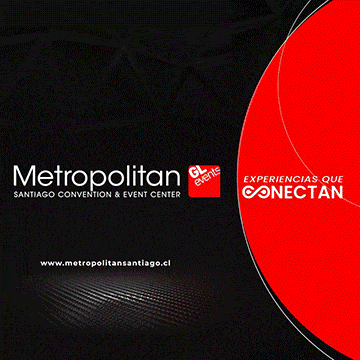
Aquaculture is the fastest growing animal protein food production sector and is taking a strategic position to supply the growing demand. By the year 2050, the world population is expected to reach about 10 billion inhabitants, so it is estimated that to feed that number of people, food production will have to increase by 56%. In this sense, ocean aquaculture can provide a sustainable source of food for the growing world population, as a viable alternative to minimize the environmental, economic and social impacts of this activity, improving the sustainability and competitiveness of the industry. The recent advances of other countries in fish production in confinement systems in oceanic zones (offshore), undoubtedly, are an incentive to continue advancing in the regulatory, operational and technological adjustments that enable the development of oceanic aquaculture in Chile. We believe that this will be fundamental to maintain a competitive role in the aquaculture industry worldwide. In this context, Chile has extraordinary possibilities to successfully transition to a more sustainable aquaculture, minimizing conflicts over the use of coastal space and using state-of-the-art technologies that allow for the sustainable growth of the industry by producing fish more efficiently and with a minimum environmental impact. In this regard, EcoSea Farming developed a submersible cage raft as a viable alternative to minimize the environmental, economic and social impacts of this activity, improving the sustainability and competitiveness of the industry. In particular, the Program for the Development of Ocean Aquaculture began in 2017 and ends at the end of 2025. Among its objectives, it considers providing inputs to the Undersecretariat of Fisheries and Aquaculture and the National Fisheries and Aquaculture Service (Sernapesca) to complement the efforts required by the future enabling regulations for ocean aquaculture in Chile. “Our proposal is that ocean aquaculture be developed in two stages: the first stage with a focus on the development of the industry between mile 5 and the limit extension of the continental shelf, which will depend on each zone along the territory; and the second stage that promotes the location of aquaculture centers from the slope out to sea, up to the distance that the authority establishes within the Exclusive Economic Zone”, explains the Director of the Technological Development Program for Ocean Aquaculture of EcoSea Farming, Fabián Avilés Bravo. Results and projections “In the framework of the Project, in the two culture cycles in which we used a 40-meter diameter submersible cage with copper alloy mesh, developed by EcoSea Farming, we were able to validate the productive performance of this culture system that changes the paradigm of traditional aquaculture. Both with Atlantic salmon at the Traiguén II center and with coho salmon at the Mapué center, both belonging to the partner Invermar S.A.”, adds Fabián Avilés. “We plan to carry out a third culture cycle within the Program, which will begin in mid-2024. In it, we will evaluate the integrated performance of all the technologies developed in the Program. Likewise, to date we have provided relevant inputs to the regulatory authorities in charge of preparing the regulatory framework that will enable the development of ocean aquaculture in Chile. We are confident that these elements will be a contribution to the effort required to amend the future General Aquaculture Law, which will lay the foundations for the development of ocean aquaculture with minimum environmental impact. While this is happening, all the technologies we are developing can also be used in existing concessions whose operation is currently limited due to adverse hydrodynamic conditions for traditional farming systems, allowing producers to operate safely, without risk to the integrity of the farming structures, while avoiding losses and fish escapes”, emphasizes the Program Director. Although it is true that the technologies developed in the Program allow facing complex operating conditions with high levels of exposure, whether oceanic or coastal, such as those observed in the Magallanes region, they are not limited to a particular region and can operate in multiple zones or scenarios. One of the factors that contribute most to this versatility is the ability to automate and remotely control the sinking of the cage raft under adverse environmental or oceanographic conditions. “To date we have developed several tests of sinking the cage raft with fish in the Chiloé area. The results obtained in all the sinking tests carried out have corroborated that the controlled immersion-emersion operation of the submersible cage raft has no impact on the welfare and productive performance of the fish”, emphasizes Fabián Avilés. For this reason, EcoSea Farming will be present at AquaSur Tech, the first fair of technological solutions for salmon farming. The event, which will be held on March 29-30, “represents, through its exhibition and seminar, an interesting platform to interact and share with various actors in the national aquaculture scenario, particularly with leading producers and suppliers who play an important role in addressing the current challenges of sustainability in the sector”.

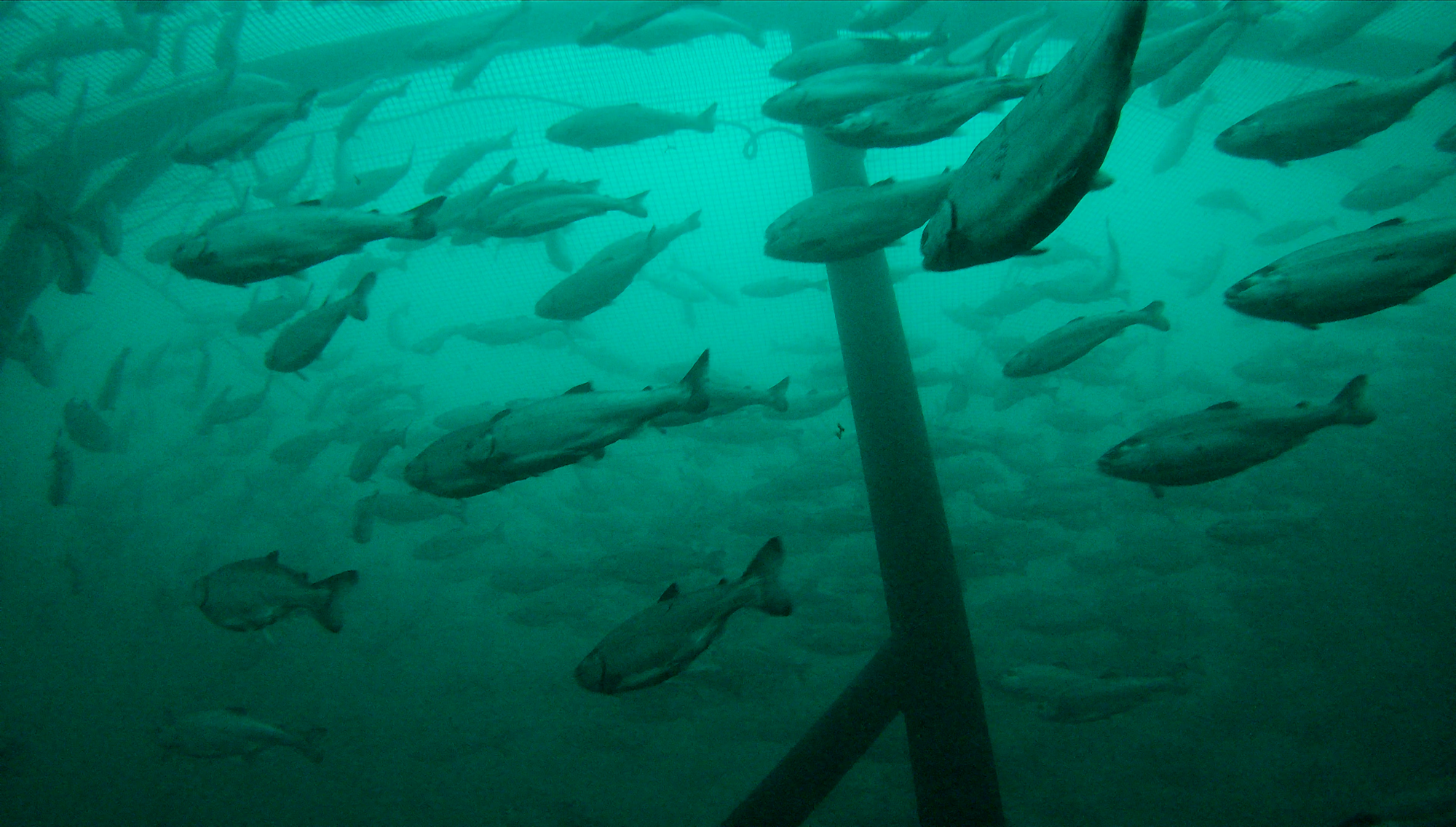
 Related News
Related News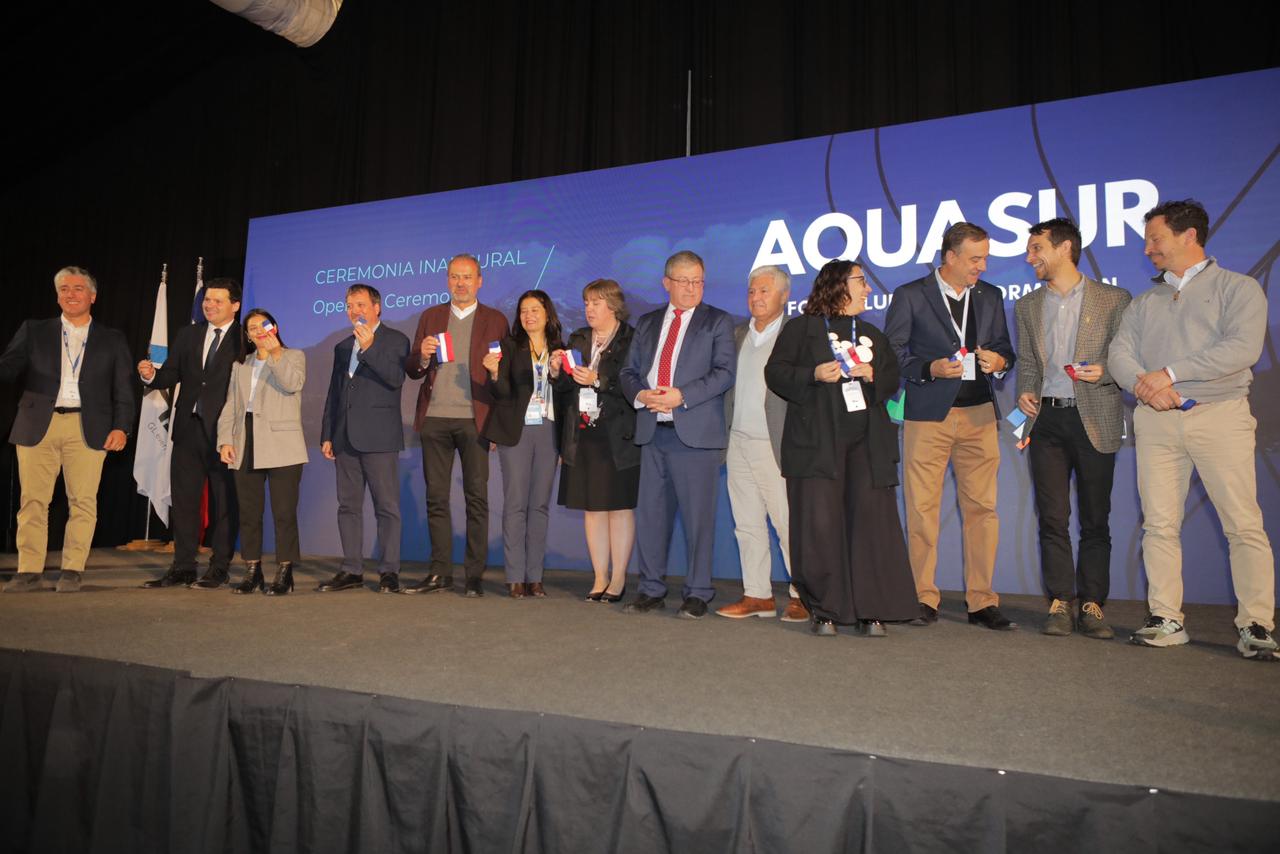 AQUASUR 2024 begins with a massive international public presence and a call by associations, companies and authorities to promote the aquaculture industry
AQUASUR 2024 begins with a massive international public presence and a call by associations, companies and authorities to promote the aquaculture industry
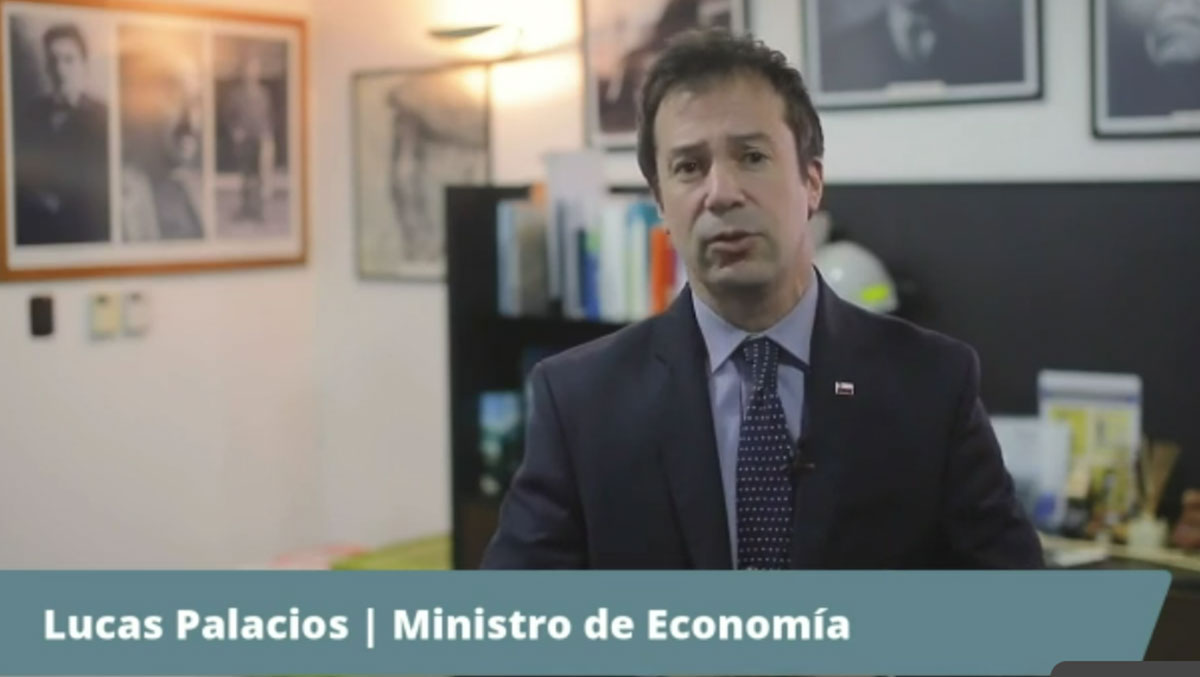 Minister of Economy in AquaSur seminar said: “We must learn to live and produce in a sustainable way”.
Minister of Economy in AquaSur seminar said: “We must learn to live and produce in a sustainable way”.
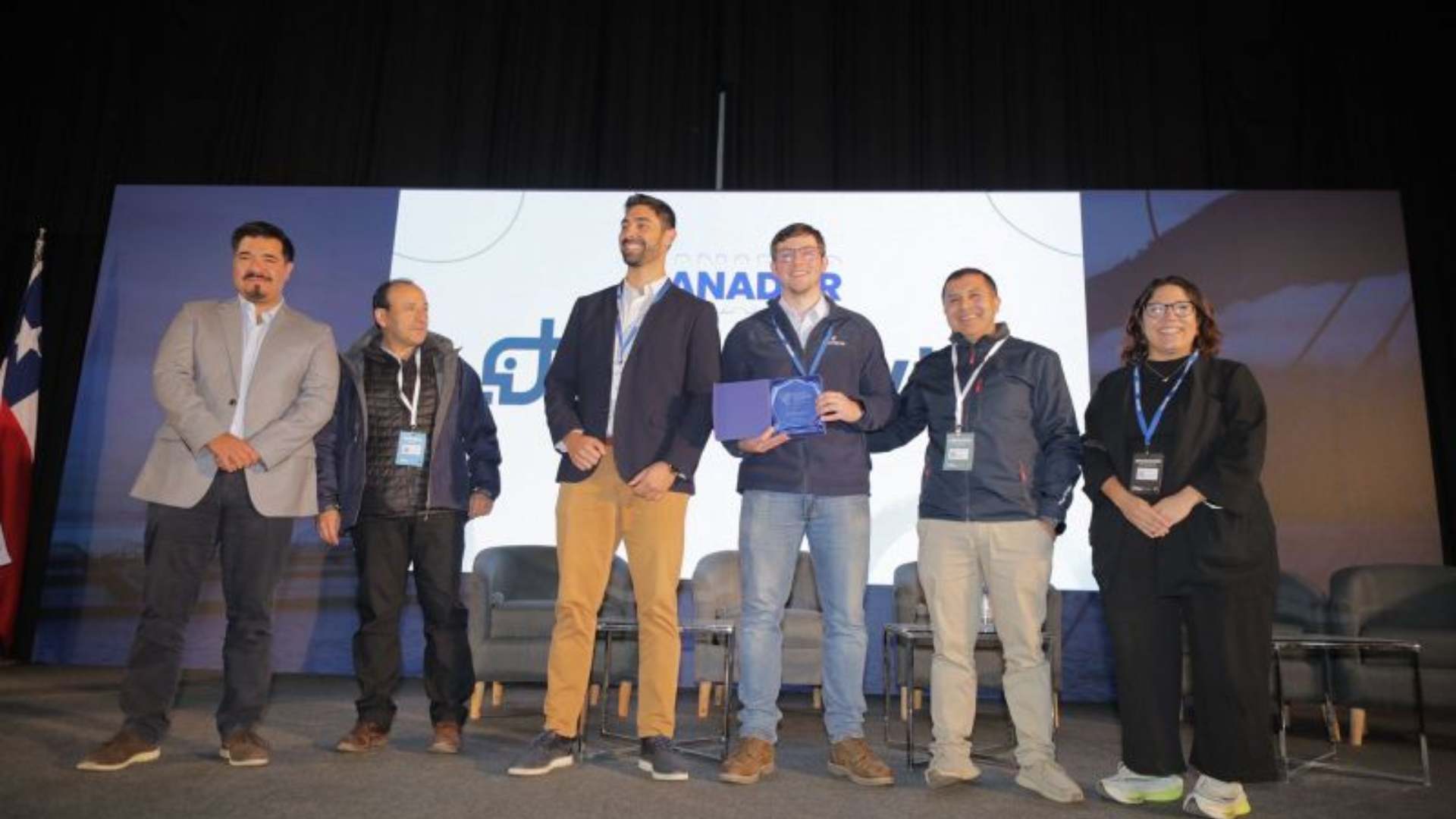 “Happy salmon”: award for development that determines the animal welfare of fishes
“Happy salmon”: award for development that determines the animal welfare of fishes
